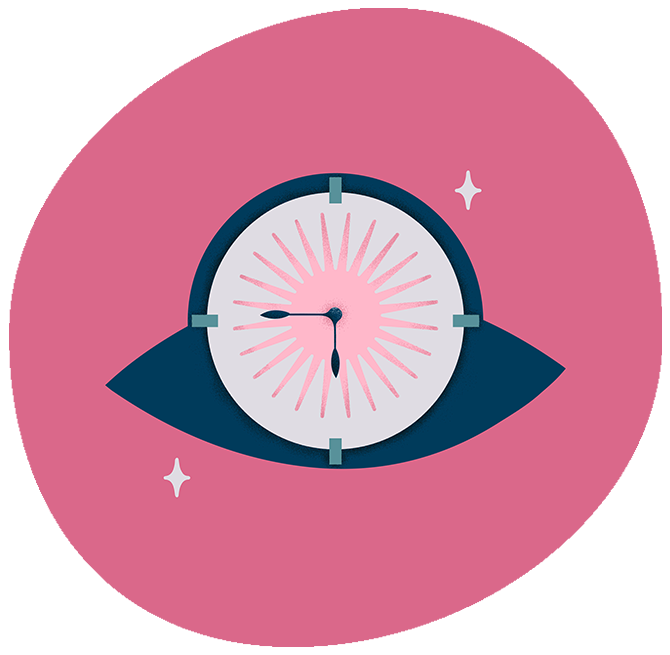Circadian Rhythm
The terms circadian rhythm(s), body clock, and circadian clock are often used interchangeable. However, the do refer to related yet different things.
Here’s a short FAQ to clear up the confusion.
What is the circadian clock?
If you wake to the sound of the dawn chorus, you’ll know only too well the regularity with which birds start the day. That’s because birds, like humans, have a biological clock (natural timing device) that is set to a 24-hour light-dark cycle. This cycle helps ensure the body’s biological processes happen in the right order and at the same time each day. Without an internal timing device, the body wouldn’t know when, for example, to eat or wake, or to release the melatonin needed to encourage sleep.
What is a circadian rhythm?
Circadian rhythm derives from the Latin for circa = about and dies = day and refers to a cycle that’s almost 24-hours long. There are lots of behavioural and biological processes in your body, including your heart rate and blood pressure, that have a period of nearly 24-hours, but the sleep-wake cycle is undoubtedly the most prominent.
What makes the circadian clock tick?
Circadian rhythms are created by the body clock (also known as the master clock or circadian pacemaker) which sits in the brain. This clock is a group of 50,000 brain cells that collectively form a structure called the suprachiasmatic nuclei, or SCN, which is situated in the hypothalamus. The hypothalamus is located at the base of the brain.
The circadian system regulates the body’s rhythmicity and works in much the same way that a conductor keeps an orchestra in time. In this case, the SCN (body clock) is the conductor, sending signals to and keeping the body’s peripheral clocks (the musicians) and their various processes and bodily functions synchronised. This generates a rhythm that helps the body know, for instance, when to stay awake, eat or go to sleep. When everything is aligned, the body is happy and in good circadian health.
How does the body clock know what time it is?
There’s a special (light capturing) photoreceptor system in your eyes connected to your internal body clock. When the eyes are exposed to light, it passes a message to the internal clock that lets it know it is daytime and time to be awake. In this way, light functions as the body’s dominant time cue (zeitgeber).
That said, not all light is equal. The photopigments within the eye’s photoreceptor are especially sensitive to blue, short-wavelength light and this type of light provides the strongest ‘daytime’ signal to the body clock. This is why it’s best to avoid blue light-emitting devices before bed. The absence of light provides powerful information too, as this signals to the body it’s time go about the processes needed to prepare the body for sleep.
Social interaction and eating can also act as time cues. For example, rhythmically timed eating can synchronise the liver and kidney clocks to meal times. However, if the master body clock receives light at irregular times, for example, if you do shift work, party ‘til late or sleep in at the weekend, the peripheral clocks (musicians) can become estranged from the master body clock (conductor) leading to circadian misalignment.
When our circadian rhythm gets out of sync
Bodies are creatures of habit. They like regularity, hence why we feel our best when we exercise and/or eat at approximately the same time, sleep and wake at the same time, and have a regular pattern of exposure to darkness and light. But what happens when we go off-road and completely disregard regularity?
Let’s go back to our analogy of an orchestra. In a conductorless orchestra, musicians follow their own rhythm, and what should be a beautiful symphony can quickly become a cacophony. Likewise, without a functioning body clock (conductor) keeping the peripheral clocks (musicians) in time with one another, all our body processes and functions become misaligned.
But it doesn’t stop there. Living against the rhythm of your clock and repeatedly changing our behaviour so we’re no-longer synchronised with sunrise and sunset (e.g. when we should be awake and asleep) confuses the brain’s circadian pacemaker. This disruption can increase the risk of mental and physical ill health and diseases such as diabetes, obesity, cardiovascular disease (CVD) and even poor gut health.


“The circadian master clock aligns and optimises the body’s behavioural and physiological process. And in doing so, it helps us to stay healthy.”
– Dr Kat
What factors can affect our circadian rhythms?
Quite a few. Chronodisruption, the disruption of our circadian rhythms, can happen for many reasons, the most common being an irregular lifestyle. Shift work or frequent late nights can lead our body to fall out of sync with your natural sleep-wake cycle. More than that, it disturbs many other internal body rhythms.
Other factors that can lead to chronodisruption include:
Menopause/Hormonal changes:
Oestrogen, progesterone and other reproductive hormones not only impact the menstrual cycle, they can influence the circadian clock. Lowering oestrogen levels in peri- and postmenopausal women influence melatonin secretion. They also have a negative impact on the body clock rhythm and our sleep.
Are you perimenopausal and struggling to sleep well? Click here to read how I can help you.
Ageing
Like many things, the body clock (the SCN in the brain) changes as we age. The signals it sends to other organs become more delicate, making it harder for your body to adapt to new sleep rhythms. Sticking to a regular sleep pattern is therefore even more important as we age.
Eating
Apart from what you eat, when you eat also plays a role in keeping your sleep-wake cycle and body clock in good health. Eating at random times and close to bedtime is not ideal. And neither is eating foods high in fat and sugar (refined carbohydrates) hamper sleep. All of this confuses your body clock and the messages it sends to the rest of the body.
Stress
The physiological effects of stress can affect how the peripheral clocks and body clock beat in time with one another. This desynchronisation or ‘uncoupling’ can result in physical symptoms such as exhaustion, high blood pressure and even trouble having sex.
Jet lag
When you travel across time zones, your body clock and peripheral clocks gets confused. That’s what causes symptoms such as sleep problems, impaired thinking and general malaise. Typically, they get better within a few days, so there’s nothing to worry about. But long-term or regular misalignment between the different clocks in your whole body makes you more vulnerable to disease.
Social jet lag
Sunday lie-ins may sound like a good idea. But frequent changes in sleep-wake times can play havoc with your body clock and cause social jet lag. Sticking to the same sleep-wake cycle day in, day out is the best way to support a healthy body clock.
If you want to find out more about your body clock and how to support your circadian health, book a free 15-minute consultation to see how I can help.
